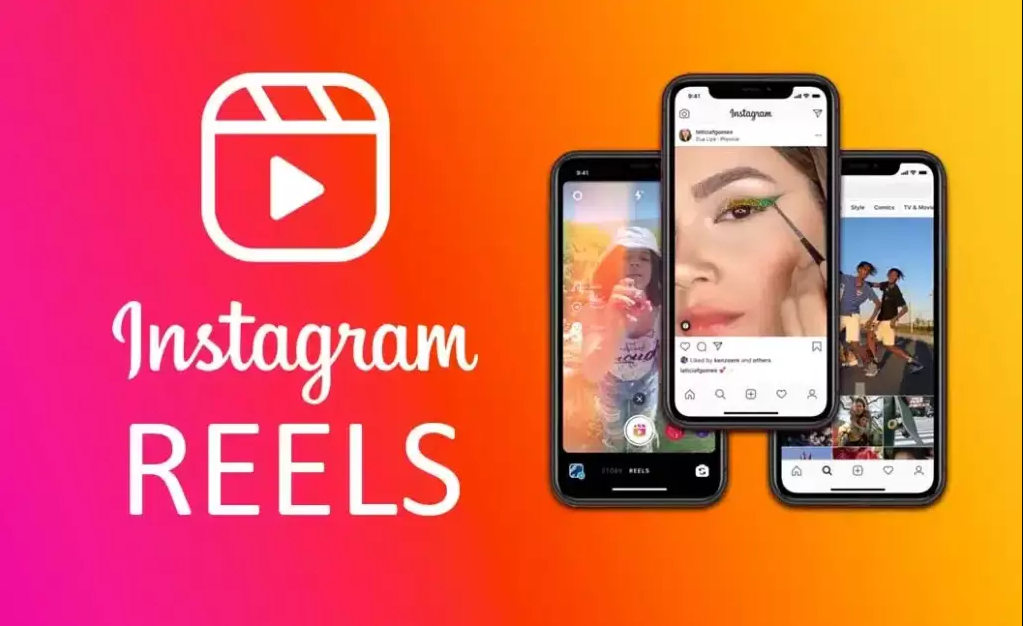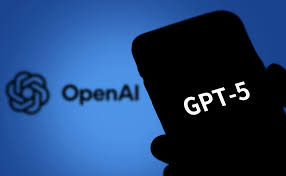Jimmy Donaldson, better known as MrBeast, is reportedly preparing to launch his own mobile phone company, marking one of the most audacious moves yet from a digital creator. The YouTube star, whose empire spans viral content, snacks, gaming, and fintech, appears set to enter one of the world’s most competitive industries: telecom.
According to multiple reports, MrBeast is planning to launch as a Mobile Virtual Network Operator (MVNO). Instead of building towers and cables from scratch, the model allows him to lease capacity from established carriers in the U.S. such as AT&T, T-Mobile, or Verizon.
It’s a path that has proven viable before. Actor Ryan Reynolds’ Mint Mobile, also an MVNO, grew into a recognized brand before being acquired by T-Mobile. If confirmed, MrBeast’s entry would underline how the creator economy is no longer confined to merchandise and sponsorships, but is steadily moving into core consumer services.
The Strategy Behind the Move
The 27-year-old YouTube personality commands an audience of hundreds of millions across platforms. That reach offers a unique edge: direct access to a loyal fanbase that has consistently responded to his ventures, from Feastables chocolate bars to gaming apps.
Analysts suggest that even modest conversion of fans into mobile subscribers could create meaningful traction in a crowded telecom market. Unlike traditional carriers that rely on large ad budgets, MrBeast could tap into his content ecosystem to market services in ways that feel organic and community-driven.
If this venture follows the ethos of his online persona, the offering could feature gamified experiences, subscriber rewards, and unexpected giveaways. Such tactics, already central to his content strategy, may translate into customer acquisition and retention in telecom — a sector notorious for customer churn.
For younger consumers, particularly Gen Z and Millennials, the appeal of a phone service tied to a familiar digital brand could outweigh allegiance to legacy carriers. However, much will depend on pricing, reliability, and customer support — the fundamentals that define telecom success.
Why it Matters
Entering telecom, even as an MVNO, is not without risk. Profit margins can be slim, as network operators often control wholesale rates. Regulatory compliance, customer service logistics, and technical reliability will test whether a creator-driven brand can truly compete in a field dominated by established giants.
There is also the question of brand overextension. MrBeast’s empire already spans multiple industries. While diversification demonstrates ambition, it risks diluting the clarity of his brand if consumers perceive too many ventures with inconsistent quality.
If MrBeast Mobile, or whatever name it takes, is executed with the same precision as his content and past businesses, it could reshape how creators approach long-term monetization.
But the broader implication is even more striking: the creator economy is no longer about influencers endorsing products. It is about influencers becoming infrastructure providers, embedding themselves in everyday life.
The key question remains: will fans embrace a mobile service backed by their favorite YouTuber, or will this experiment reveal the limits of creator-led disruption in traditional industries?
Talking Points
MrBeast isn’t just selling snacks or merch anymore — he’s moving into telecom, an essential service. This shows how creators are evolving from entertainers to infrastructure builders. That’s a seismic shift.
African digital creators are still largely confined to YouTube ads, TikTok collabs, or small-scale merch. Meanwhile, their global peers are building telecoms and fintech companies. Shouldn’t Africa’s creator economy be thinking bigger — creating platforms, not just content?
If MrBeast succeeds, expect more influencers to see telecom as fertile ground. Imagine “Kylie Mobile” or “BurnaBoy Connect.” In Africa, where telecoms are already tied deeply to mobile money and daily life, a creator-led telecom could directly disrupt banking and commerce.





